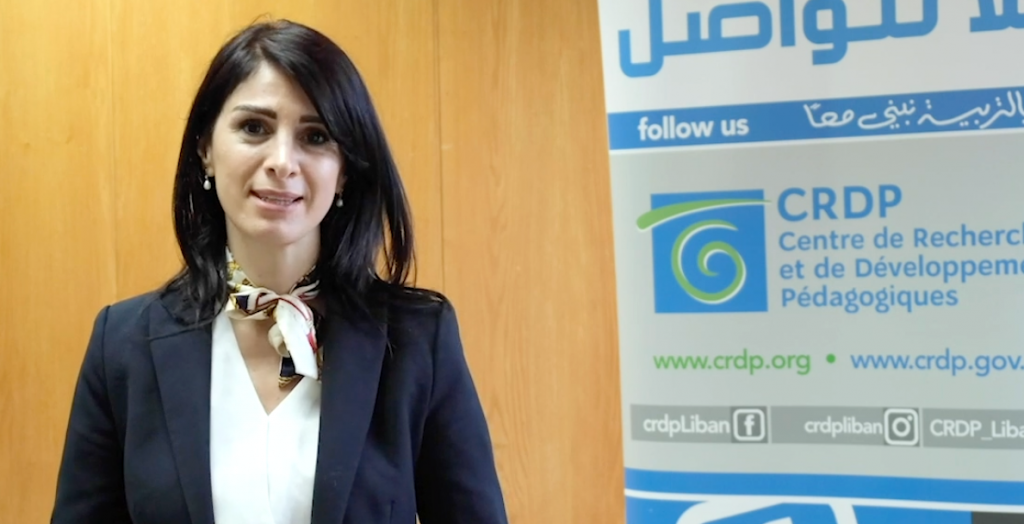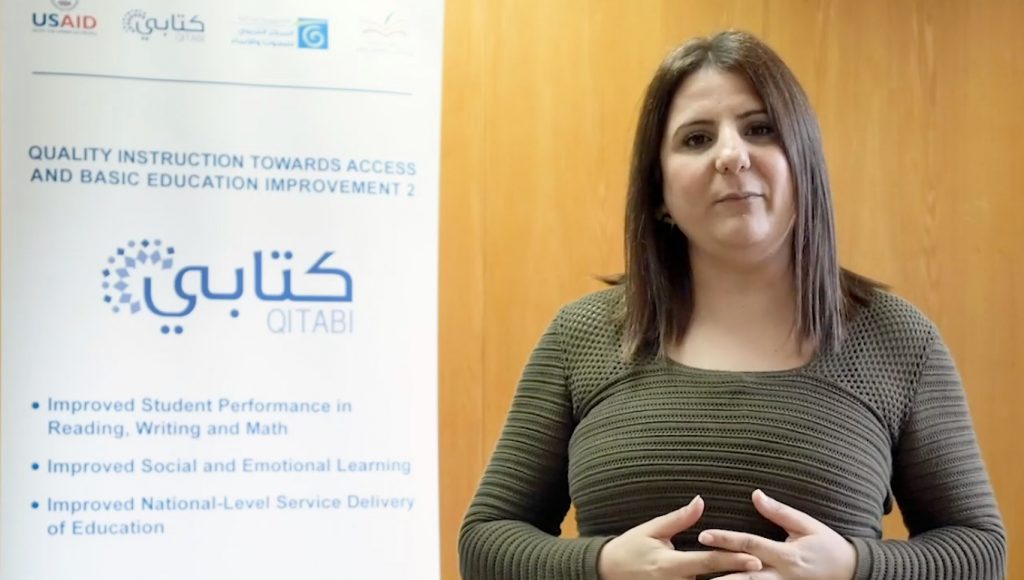-
What We Do
- WHERE WE WORK
-
About Us
 Welcome Message from Carol Jenkins
Welcome Message from Carol JenkinsFor more than 90 years, World Learning has equipped individuals and institutions to address the world’s most pressing problems. We believe that, working together with our partners, we can change this world for the better.
On my travels, I’ve had the opportunity to meet with many of those who have joined us in this mission. In Baghdad, we’ve trained more than 2,300 Iraqi youth who are already giving back at home. In London, our partners in the TAAP Initiative strongly believe that we are all responsible to practice inclusion. And in Vermont, our Experiment in International Living and School for International Training participants prove every day that they have the tools and the determination to change the world.
Please join us in our pursuit of a more peaceful and just world.
- Get Involved
Media Center > Story
How QITABI 2 Helped Teachers and Students Successfully Transition to Distance Learning
June 24, 2021

Ongoing teacher training is a key component of any educational improvement initiative. In Lebanon, the Ministry of Education and the Center for Educational Research and Development (CERD) are responsible for training the country’s public school teachers. Each year, CERD offers training to more than 25,000 public school teachers in its 33 centers across Lebanon, from urban centers to rural areas.
In 2020, all education and training had to transition online as a result of the COVID-19 pandemic. In light of the urgent and sudden shift to distance learning, one of the highest emerging priorities at the Ministry of Education and CERD was equipping Lebanon’s teachers with online teaching skills. However, the country’s economic instability and lack of resources at the Ministry and CERD made this challenging. Educators needed assistance to make the needed transition to distance learning. This is where the Quality Instruction Towards Access and Basic Education Improvement (QITABI) 2 program, funded by USAID, stepped in.

Through QITABI 2, USAID provided distance learning training to 102 academic experts and trainers at CERD. Grace Sawwan, the director of educational IT at CERD, expressed her appreciation of the training, which would allow her team to support teachers through the transition. “We will, in return, pass on this newly acquired knowledge to the education sector in Lebanon,” Sawwan said.
In collaboration with the Ministry and CERD, QITABI 2 is also rolling out similar training for more than 7,400 teachers, thereby improving distance learning for more than159,000 primary public students in 887 schools across Lebanon.
QITABI 2 also offers comprehensive technical assistance to CERD, including training educators, developing online lessons and training materials, upgrading digital learning platforms, and modernizing its 33 training centers.

One of the trainees, Lore Issa, director of geography at CERD, said she learned how to use different tools, such as Google Drive, to support distance learning and engagement with students. In addition, Issa said she and her colleagues built an understanding of best practices in distance learning.
“Besides equipping us with online teaching skills, we also learned about the importance of online learning protocols for educators and students,” she said.





